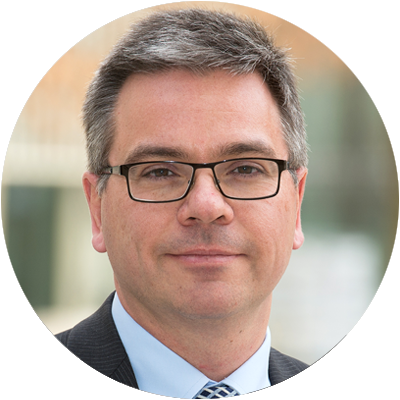Switzerland
Key facts
Number of companies
250
R&D Investment
5,7 billion CHF
Direct employees
73,900
National contact
scienceindustries

Stephan Mumenthaler
Director general
stephan.mumenthaler@scienceindustries.ch
CHEMICAL INDUSTRY SNAPSHOT
Switzerland’s leading exporter
The 250 chemical, pharmaceutical and life sciences company members of scienceindustries contributes 50% of Swiss exports and constitute the country’s top export industry.
With exports of CHF 130.87 billion and imports of CHF 54.9 billion in 2021, members of our business association earned a trade surplus of CHF 75.97 billion.
Growing fast
The 250 chemical, pharmaceutical and life sciences company members of scienceindustries contributes around 50% of Swiss exports and constitute the country’s top export industry.
With exports of CHF 130.87 billion and imports of CHF 54.9 billion in 2021, members of our business association earned a trade surplus of CHF 75.97 billion.
Powered by people
Scienceindustries members are massive employers, with 73,900 employees in Switzerland in 2021, and worldwide over 338,000. They are also well qualified: 54% of employees in scienceindustries companies have a higher qualification, against 44% for Swiss industry as a whole.
The industry is characterised by specialised regional clusters industries:
Pharmaceuticals: Located in North-western (Basel) and Central Switzerland (Zug and Lucerne). Produces prescription and over-the-counter drugs (patented or generic) and ingredients.
Diagnostics: Central Switzerland (Zug and Lucerne). Healthcare products which aid physicians to diagnose diseases.
Vitamins: North-western Switzerland (Basel). Bulk product used in manufacturing or pharmaceuticals, foodstuffs and animal feed.
Flavours and fragrances: Western Switzerland (Lake Geneva). Ingredients for manufacturing food, cosmetics and perfumes.
Crop protection agents: North-western Switzerland (Basel) and Wallis. Herbicides, fungicides and insecticides including their active ingredients, primarily used in agriculture.
Specialty and fine chemicals: Often providing tailored solutions involving intensive research and development, production of specialty chemicals is spread throughout Switzerland. The global annual demand for some of these specialties is often below a few metric tons, and all member companies are strongly export-oriented.
HOW ARE WE DOING?
Strengths
- Focus on research-intensive high-end specialties Market leadership in many fields
- Outstanding scientific and technological know-how and workforce skills
- Development of innovation clusters aids large, medium and small firms
- Supportive regulatory environment – including for patent and price issues
Weaknesses
- Skill shortages and a quota system for non-EU workers
- Need for supportive regime for repatriation of profits to sustain Switzerland’s viability as a research location
- Continuation of bilateral relations with the EU unclear, especially currently no full association with Horizon Europe
OUR CONTRIBUTION TO A COMPETITIVE EUROPE
A global research hub
Science and innovation are the basis for the economic success of our science industries. In 2021 scienceindustries members invested around CHF 5.7 billion in research and development in Switzerland, a third of their worldwide research investments.
Member companies focus on specialties, mainly pharmaceuticals and diagnostics, vitamins, crop protection agents, flavours and fragrances and fine chemicals. Specialty chemicals for industry purposes, pigments and dyestuffs constitute the rest.
Our success is based upon well-equipped regional centres, comprising universities, private research institutes and companies.
Swiss companies help drive research around the world, and leaders have research activities in the US, Singapore, Japan, as well as EU facilities in the United Kingdom and Germany. Collaboration with and investments in other companies are growing. Biotech companies are particularly important in identifying and developing new ideas, new technologies and innovative products. Companies in North-western Switzerland allocate around 20% of their R&D budgets to co-operative projects with external research groups.